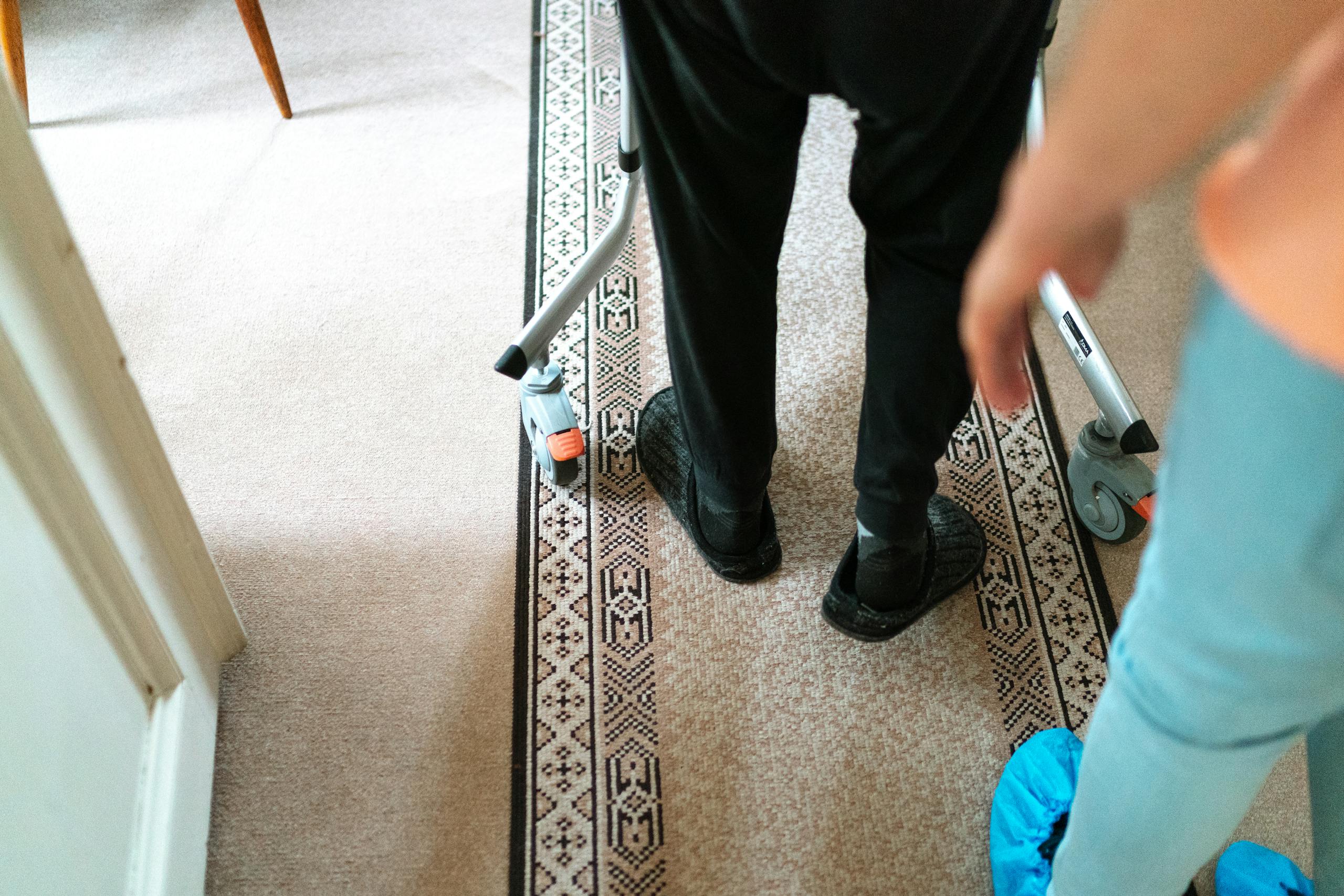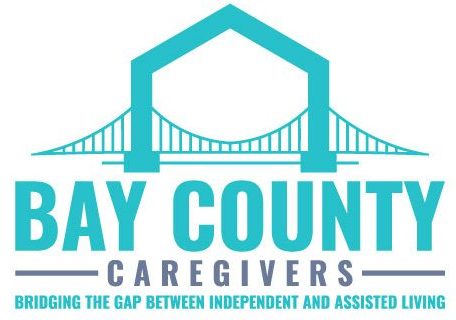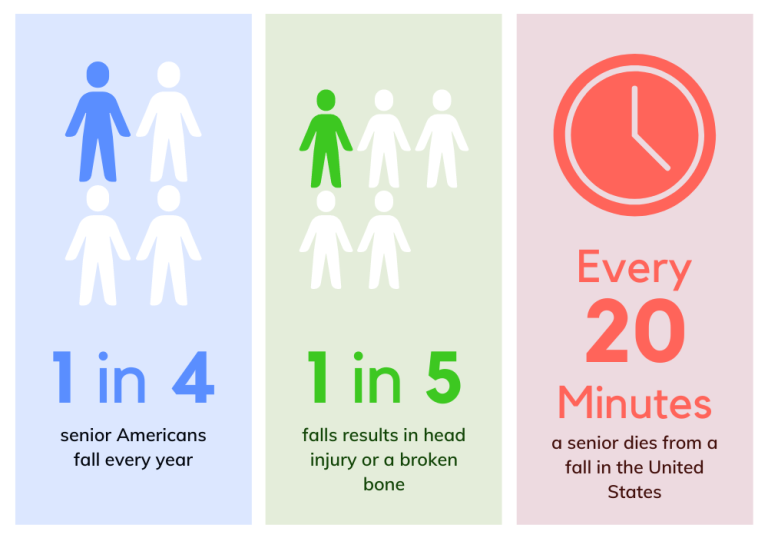Understanding the Differences: Nursing Homes, Assisted Living, Independent Living, and Memory Care

Navigating the range of elder care options can be challenging, especially when determining which type of facility best suits an individual’s needs. To help clarify, here’s a breakdown of the key differences between nursing homes, assisted living, independent living, and memory care.
What are the differences?
1. Independent Living
Independent living communities are designed for seniors who are active and can manage their daily lives without assistance. These communities provide convenience, social opportunities, and amenities such as housekeeping, meal services, and transportation. They offer a lifestyle that balances independence with the security of living among peers and having on-site staff if needed. This type of living is ideal for older adults seeking a maintenance-free lifestyle with the benefits of community and recreational activities.
2. Assisted Living
Assisted living is a step up from independent living, providing more personalized support. Residents typically need help with daily activities such as bathing, dressing, medication management, and mobility. Assisted living facilities promote a degree of independence while offering assistance as needed, ensuring safety and quality of life. They often include communal dining, organized activities, and social opportunities, blending care with comfort.
3. Nursing Homes
Nursing homes offer comprehensive medical and personal care for seniors with significant health needs that require 24-hour supervision by skilled nursing staff. These facilities are best suited for individuals who need ongoing medical attention, rehabilitation after an illness or surgery, or assistance with complex health conditions. The focus in nursing homes is more on clinical care and health management, providing a secure environment with immediate access to medical professionals.
4. Memory Care
Memory care facilities cater specifically to individuals dealing with Alzheimer’s disease or other forms of dementia. These units or communities offer specialized care that includes 24-hour supervision and structured activities designed to enhance cognitive function and safety. Staff are trained in dementia care, ensuring that residents have support tailored to their unique needs. Memory care units are often part of assisted living or nursing homes, but they prioritize a secured, controlled environment to prevent wandering and ensure residents’ safety.
Choosing the Right Option
Selecting the right type of elder care depends on the individual’s physical and cognitive health, lifestyle preferences, and level of independence. Each option provides a different balance of care, community, and medical oversight to meet specific needs. Understanding these differences helps families make informed decisions to ensure their loved ones receive the appropriate level of support and quality of life.
If you feel like your family member is not in need of any of these things, and would be better or safer at home – consider hiring an in-home caregiver! We would love to help you or your loved one stay home and keep their independence.






